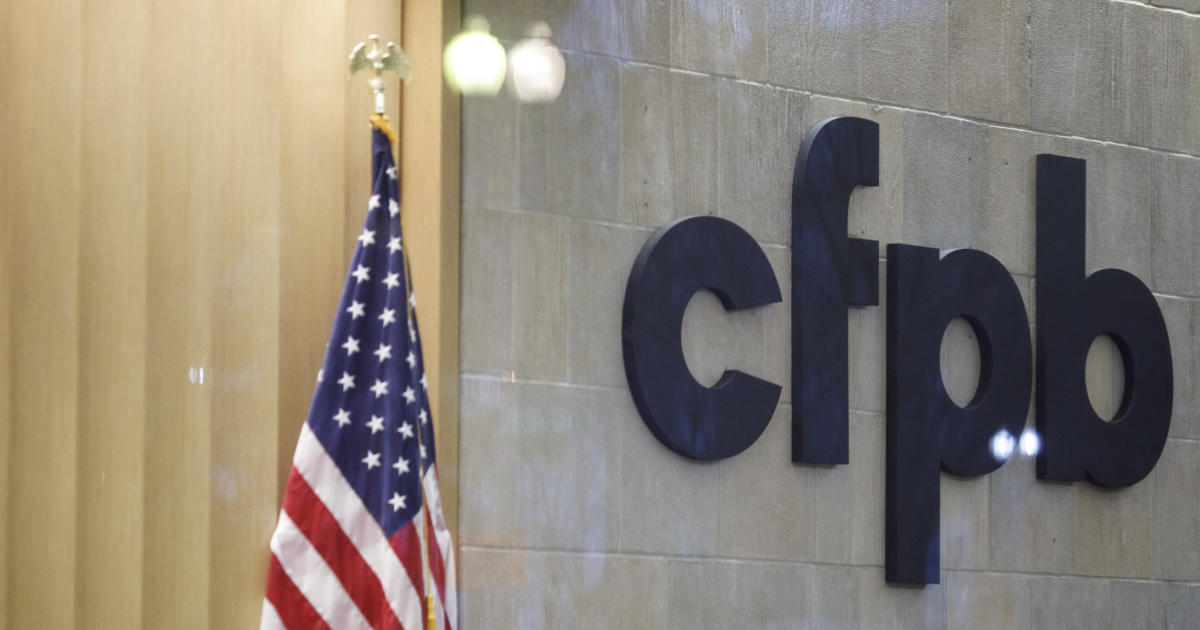Washington — The Supreme Court on Thursday upheld the funding structure for the Consumer Financial Protection Bureau (CFPB), rescuing the consumer finance agency from another effort by its critics to weaken it.
The court said in a 7 to 2 decision that the agency’s funding structure complies with the Constitution’s Appropriations Clause. Justice Clarence Thomas authored the majority opinion. Justices Samuel Alito and Neil Gorsuch dissented.
The dispute, brought by two trade associations, posed a significant threat to the agency and its continued operations, and defenders of the CFPB warned a broad decision could jeopardize regulatory and enforcement actions it’s taken since its creation 14 years ago and disrupt markets.
At issue in the case was the mechanism through which the CFPB receives its funding. Under the Dodd-Frank Wall Street Reform and Consumer Protection Act, the bureau receives a capped amount of money annually from the Federal Reserve. In fiscal year 2022, the CFPB drew roughly $641.5 million from the Fed, less than the roughly $734 million available, according to court filings.
That scheme is different from how other federal agencies receive their funding, which is through the annual appropriations process in Congress.
The legal battle over how the CFPB is funded stemmed from a challenge to a 2017 payday lending rule issued by the CFPB brought by the two trade groups, which represent payday lenders.
A federal district court sided with the CFPB, but the federal appeals court in New Orleans reversed and invalidated the regulation because it was “drawn through the agency’s unconstitutional funding scheme.”
The U.S. Court of Appeals for the 5th Circuit determined that the CFPB’s funding structure violated the Constitution’s Appropriations Clause, which states that “no money shall be drawn from the Treasury, but in consequence of appropriations made by law.” It ruled that Congress abdicated its appropriations power and ceded it to the bureau, insulating it from the legislative branch’s purse strings.
The Biden administration appealed to the Supreme Court, and warned that a decision striking down the CFPB’s structure put at risk other agencies that receive their funding in a similar manner, such as the Federal Housing Finance Agency and Federal Deposit Insurance Corporation.
The case was heard on the second day of the Supreme Court’s current term, and during arguments, several expressed skepticism toward arguments that the CFPB’s funding structure was unconstitutional.
Devised by Sen. Elizabeth Warren, a Massachusetts Democrat, to regulate consumer financial products, the CFPB has weathered several legal challenges from opponents of the agency.
In a 2020 ruling, the Supreme Court found the bureau’s structure — led by a single director who could be removed only for criteria — to be incompatible with the Constitution. But the court stopped short of dismantling the agency and instead said it could continue operating, though with a director who could be removed by the president at will.
